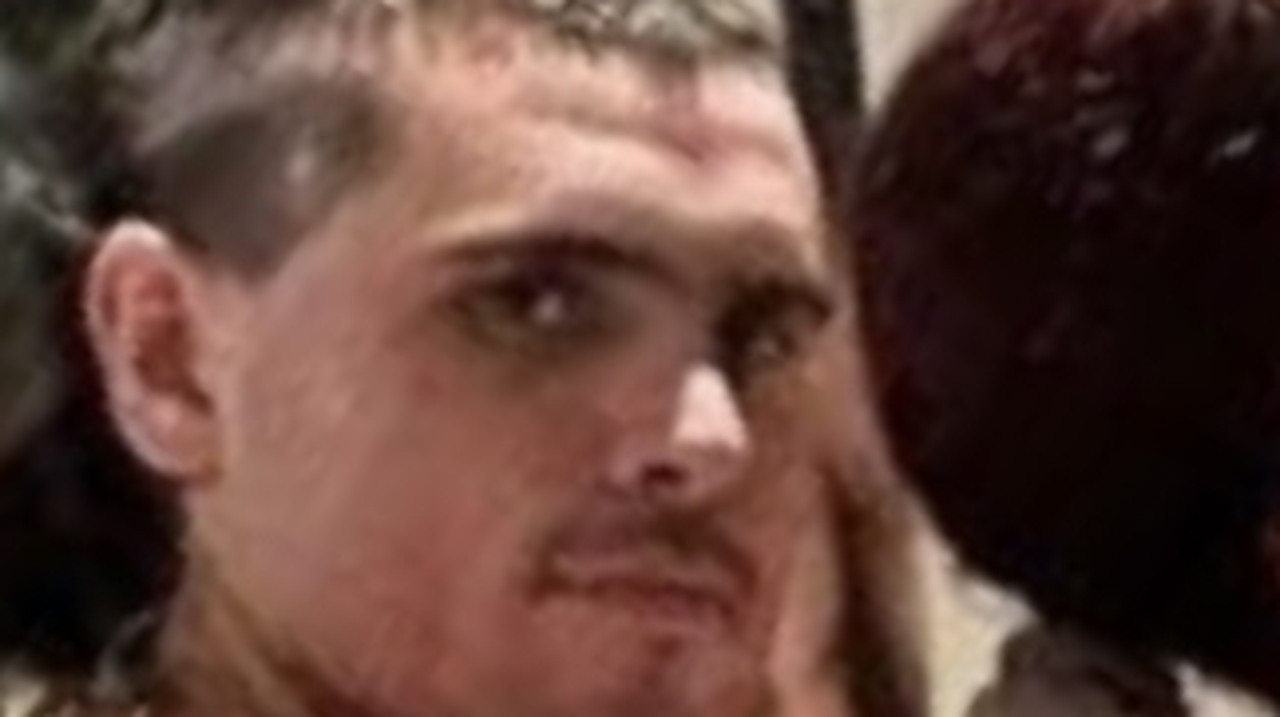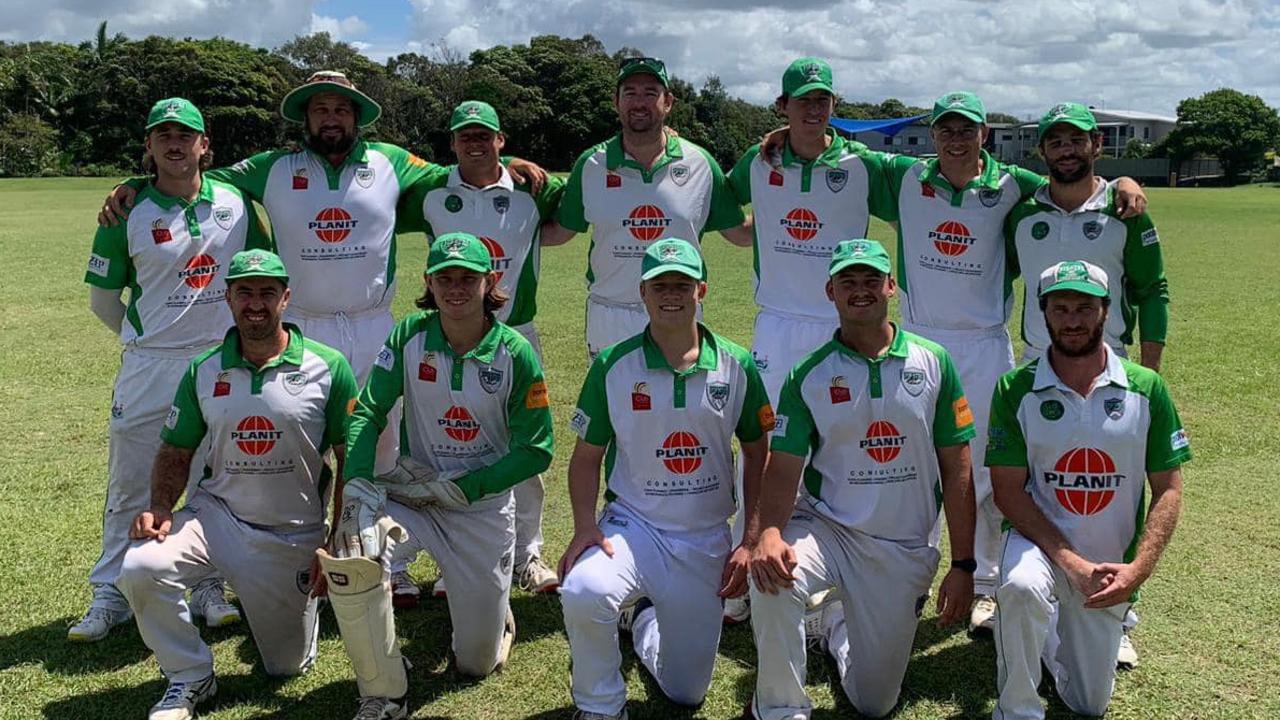You can support diversity without misgivings
"Scientists have made a powerful discovery that appears able to improve everyone's life.

Ballina
Don't miss out on the headlines from Ballina. Followed categories will be added to My News.
"Scientists have made a powerful discovery that appears able to improve everyone's life. Reports indicate it works on individuals, families, communities, economies, and nations. Interestingly, it appears that too little of this substance may explain the coarsening of language and the hardening of hearts so evident in politics and the media. Lack of it also might be responsible for everything from substance abuse to the anxiety many people say they feel despite the unprecedented security, better health, and affluence the world is experiencing.
"And here's the kicker: It's free, it's abundant, and you can't overdose on it." (John Yemma, Christian Science Monitor)
The substance this editorial is referring to?
Brotherly love!
We see evidence of this love in quiet acts of empathy and encouragement demonstrated by carers from all walks of life.
For instance, the guy in the queue at the supermarket checkout who steps up to pay the balance for the mother of two pre-schoolers who is caught short.
Or the young female social media whiz who creates social change through her dedication to affirming the good while gently dismantling prejudice.
Then there's the hospice chaplain offering simple words of comfort and walking a patient or family member through a process that aims to help them find meaning according to their own faith, or no faith.
Brotherly love, you could say, is at the heart of chaplaincy, pastoral care and spiritual services. But how widely do those professing a spiritual life have to cast their care?
That was the question being asked at the Spiritual Care Australia National Conference in Melbourne last month.
Practitioners representing the world's major faith traditions, as well as many others, who work at the coalface in hospitals, hospices and prisons took time out to consider the idea of "Inspiration in Diversity: The Shifting Sands of Spiritual Care".
They came together to grow in their understanding of how best to meet the needs of the diverse groups of people they encounter day-to-day, and to better relate to them and celebrate them.
Just as the broader community are beginning to question stereotypes and think differently about ethnicity, culture, faith, race, nationality, skin colour, age, sexuality and gender, spiritual carers are also challenged by new paradigms.
Armed with the common religious acknowledgement of a higher power as man's common source these carers have something in their toolbox that can help them prayerfully reconsider sincerely held beliefs that might have prevented them from embracing diversity.
In the Christian faith, diversity is championed in the context of its followers. "Now there are diversities of gifts, but the same Spirit. And there are differences of administrations, but the same Lord. And there are diversities of operations, but it is the same God which worketh all in all."
In the wider community we may well seem to be different-by reason of race, gender, culture, nationality. But this is a limited view of how to see ourselves and others, when we judge identity from a predominantly material perspective.
Beyond that, I've learned, we each have a spiritual sense through which we can more deeply feel and experience kinship with others as the offspring of one divine Spirit.
At the spiritual care event I attended, chaplains with a diversity of views were exposed to speakers from a diversity of backgrounds who spoke from the heart about their lives, including their hopes and their hurts.
Sally Goldner (representing Transgender Victoria) and Margot Fink (also from the LGBTI community, and a 2016 Young Australian of the Year nominee) spoke very movingly, as did social commentator, Eugenia Flynn, who identifies as Aboriginal, Tiwi, Chinese Malaysian and Muslim, as well as South Australia's first female indigenous cleric, Uniting Church Minister Denise Chapman.
Hearing from each of these individuals certainly enhanced my empathy for those in the community who have different stories to tell, as I think it did for most spiritual carers at the conference.
The brotherly regard that can be offered in the supermarket, on social media or in the sickroom might best follow the principles of interfaith dialogue: to love our neighbor, regardless of their faith practices (or culture… race…gender, etc.), and to build not just tolerant relationships, but respectful ones.
It's natural to bring brotherly love to every exchange, and there's growing evidence that says doing so is good for our individual and community health.
What helps me embrace diversity in human affairs, is to acknowledge the multifaceted nature of our one divine Spirit, not formed after the pattern of mortal personality, passion and tribalism.
Divine qualities and ideas are as infinite as their divine Source and so it stands to reason that they can be expressed in an endless variety of ways; yet never deviating from Spirit's pure and good nature.
In fact, we can't help but express kindness, forgiveness and respect to everyone, as we learn each individual uniquely reflects divine Love itself. And governed by this Love as spiritual carers, we aren't just safe in relation to one another; we can welcome ever more constructive and beautiful relationships with a broader array of fellow citizens.
Kay Stroud
My own spiritual practice of Christian Science has helped me so much, I'm curious to see how the elements involved are being recognised and implemented in society @KayJStroud
Originally published as You can support diversity without misgivings


